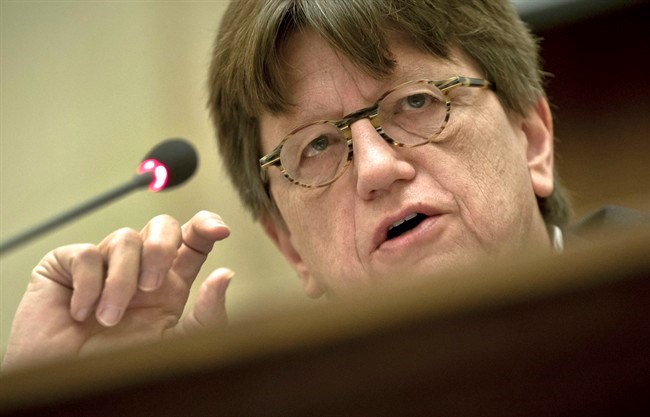BUCHAREST, Romania - The International Monetary Fund has called on the Romanian government to implement deeper structural reforms and to apply for more European Union development funds to help economic growth.
Romania is borrowing rescue loans from the IMF, and the two sides this week agreed to extend the €5 billion ($6.72 billion) aid scheme by three months to June to give the government more time to meet its reform commitments.
Erik de Vrijer, the IMF's chief of mission for Romania, said Tuesday that one key problem is a lack of economic growth.
"Growth is lower than what it could be even though what it could be is lower than what it should be," he said.
Economic growth nudged slightly above zero in 2012, a year of political instability when the country had three prime ministers and Parliament sought to impeach the president. The IMF forecasts growth of 1.5 per cent this year.
De Vrijer said that besides more reforms of the economy, Romania could tap more EU structural funds, money that is earmarked for development and infrastructure projects.
"Progress in structural reforms is difficult and susceptible to delays ... but if the government succeeds in doing the things we agreed, it will get high marks," he said at the end of a visit which began on Jan. 15.
He urged the government to appoint professional managers to run state-owned companies. Some such companies could be privatized "to try and attract capital and know-how." Critics claim large state companies are inefficient due to cronyism and a lack of accountability about the way they are managed.



